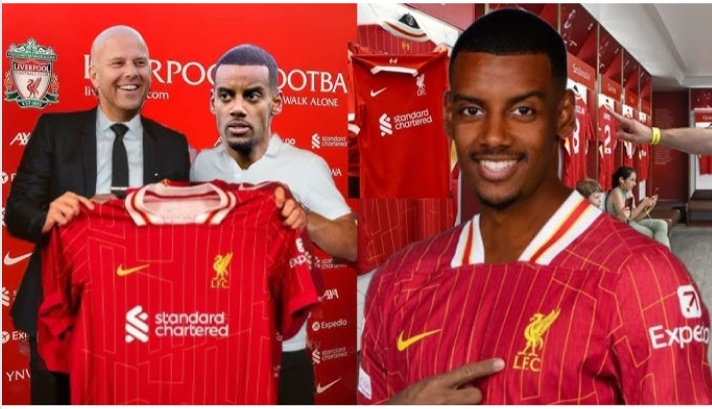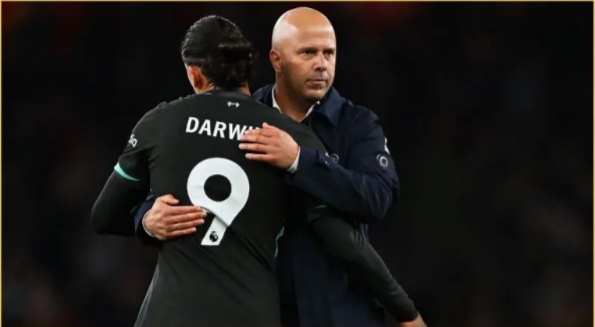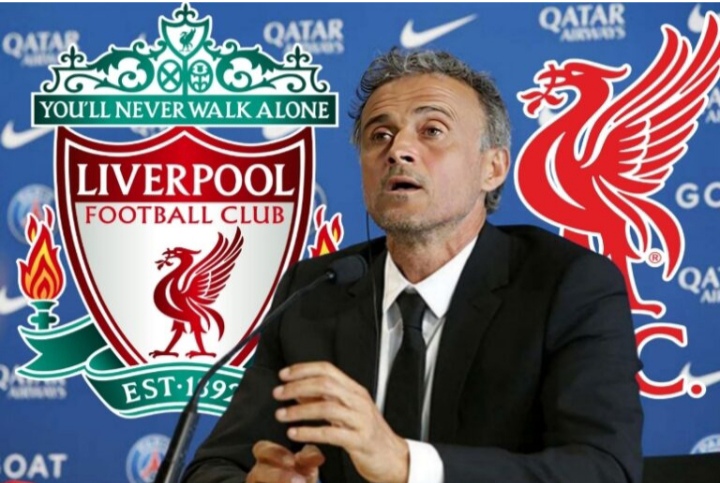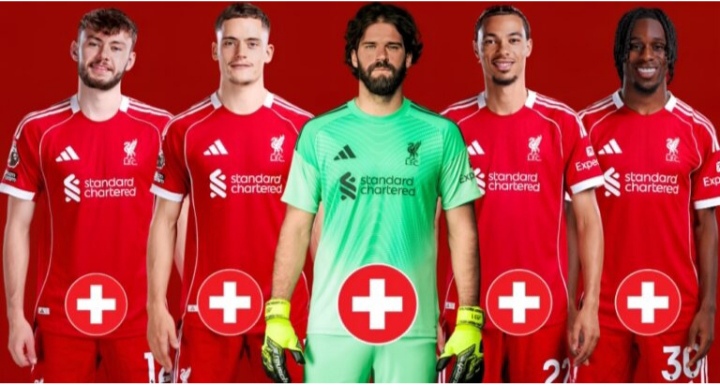The summer of 2025 has produced one of the most turbulent transfer sagas the Premier League has seen in years, centering on Newcastle United and their star striker Alexander Isak. What began as quiet speculation has escalated into a very public and bitter fallout that now threatens to derail the club’s ambitious Saudi-backed project.
In early August, Newcastle supporters were stunned when Isak broke his silence on Instagram with a pointed message that hinted at a deep breakdown in trust with the club’s hierarchy. The Swedish striker, who had already skipped pre-season and Newcastle’s opening game against Aston Villa, wrote: “When promises are broken, and trust is lost, the relationship can’t continue.” His words, posted just after he was absent from the PFA Awards despite being nominated and named in the Premier League Team of the Year, were widely interpreted as a direct attack on Newcastle’s leadership.
The timing was critical. Newcastle had opened their season with a flat draw against Aston Villa, exposing how badly they miss Isak’s clinical finishing and movement. Within hours, the club issued a stern response. Their statement rejected any suggestion that Isak had been promised a move, stressing he remains under contract and insisting no official had ever given him assurances about leaving. The club’s wording reflected frustration at being undermined in public but also emphasized their long-term vision and the need to act in the best interests of supporters and the team.
The standoff has been fueled by Liverpool’s interest in the striker. The Merseyside club made contact earlier in the summer but balked at Newcastle’s £150 million asking price – a valuation that reflects Isak’s elite status, Newcastle’s strengthened financial position under Saudi ownership, and a deliberate strategy to discourage suitors. Still, with Liverpool due to visit St. James’ Park this weekend, speculation has reached fever pitch, and the possibility of Isak facing his potential future employers has only intensified the drama.
From Newcastle’s perspective, Isak is more than a prolific goalscorer – he embodies the club’s ambition to rise into Europe’s elite. Losing him would send the wrong message about their project. For Isak, however, the situation appears personal: he feels promises were broken, whether about contract improvements or opportunities to move to a Champions League contender. His absence from training, pre-season, and even the PFA Awards underscores the depth of his frustration.
Financial Fair Play adds another layer. Newcastle’s firm stance on price reflects both their desire to keep Isak and the need to protect their FFP position after heavy investment. For Liverpool, committing £150 million to one player would complicate their ability to reinforce other parts of the squad.
As the transfer window nears its close, three outcomes remain possible: Isak reconciles with Newcastle and returns, the sides reach a compromise over timing or terms of his eventual departure, or a damaging standoff continues. Each carries significant consequences – not only for Newcastle and Liverpool but for how modern football navigates the balance between player power, club ambition, and financial regulation.
Whatever resolution emerges, the Isak saga has already shown how quickly trust can fracture in today’s game and how much is at stake when a star player challenges a club’s authority in public










